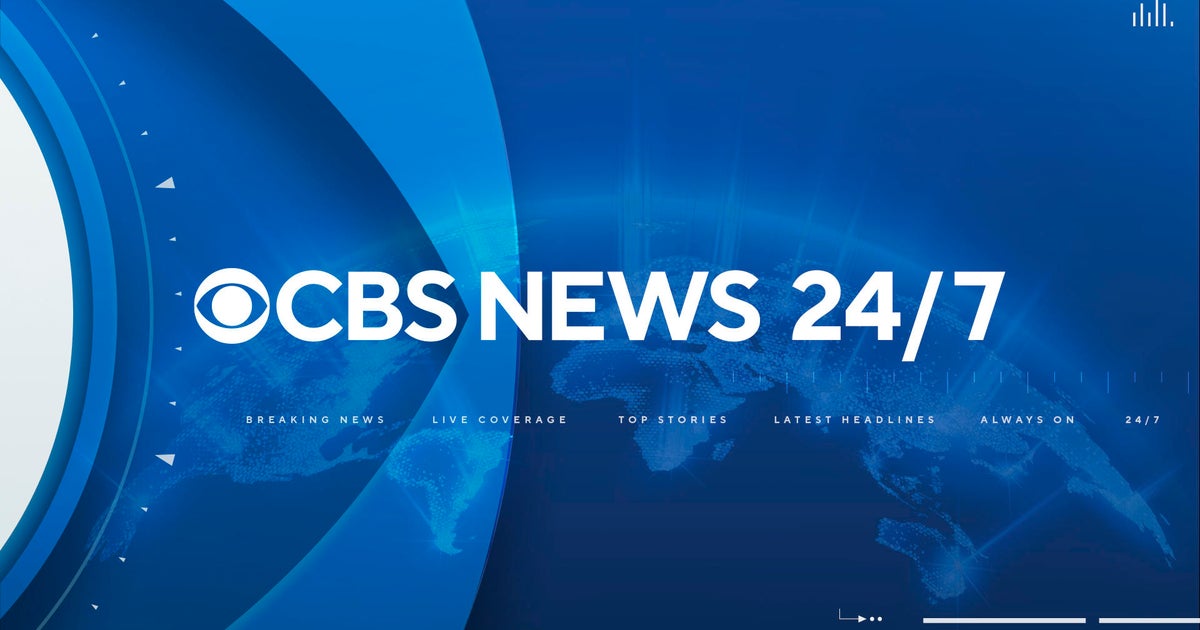Exclusive News Insights: What's Making Waves Today?
Exclusive News Insights: What's Making Waves Today?
Blog Article
Navigating the News Landscape: Tips for Searching For Credible Details
In an age where details is plentiful yet often undependable, browsing the information landscape with discernment is critical. Establishing the reliability of resources is the initial step, as comprehending the credentials of writers and the reputation of their publications can significantly influence the quality of information consumed.
Assessing Source Trustworthiness
Assessing source integrity is vital for making certain the reliability of information in an age noted by details overload. As individuals navigate different kinds of media, from digital articles to social networks, critical qualified sources ends up being paramount. Key elements to think about when evaluating source reliability consist of the authority of the author, the magazine's track record, and the evidence given to sustain cases.
First, take a look at the author's credentials and expertise in the subject issue. Authors with pertinent academic or specialist backgrounds are more probable to offer dependable understandings. Next off, consider the magazine's reputation; developed media electrical outlets normally stick to journalistic requirements and fact-checking methods, making them a lot more reliable.
Additionally, examine the quality and significance of the proof provided. Credible sources often mention peer-reviewed research studies, professional meetings, or official statistics, which reinforces their claims.
Cross-Checking Information
Cross-checking info is a crucial method for confirming the accuracy of cases and preventing the risks of misinformation. This process entails contrasting info from multiple respectable sources to establish its legitimacy. When coming across an information story or case, one ought to seek out extra reporting on the very same subject from various electrical outlets. This aids to recognize discrepancies and validate facts.
To efficiently cross-check details, it is important to utilize varied resources, including established information companies, scholastic journals, and specialist point of views. Each source might offer an one-of-a-kind perspective or added context that enhances understanding. Pay attention to the publication dates of the details being reviewed, as updates or adjustments might have been provided.
Furthermore, consider the context in which information exists. Look for supporting proof, such as data, interviews, or firsthand accounts, that provide credibility to a claim. Be careful of thrilling headlines or emotionally charged language, as these can suggest an attempt to control assumption.
Identifying Prejudice and Viewpoint
Understanding bias and perspective is important for navigating the complicated landscape of info. Every piece of news is infiltrated the lens of the author's experiences, beliefs, and affiliations, which can considerably shape the narrative presented. As consumers of information, it is important to recognize these biases, as they can lead to distorted assumptions of fact.

It is likewise important to recognize your own biases. Individual beliefs can influence just how you translate information, making it important to approach information with an essential way of thinking. Engaging with varied point of views can help neutralize personal prejudices, permitting a more spherical understanding of issues.
Inevitably, recognizing prejudice and perspective in information reporting is not just an academic workout; it is a vital ability for informed citizenship in an autonomous culture. By cultivating this recognition, individuals can make even more informed decisions and add to a more nuanced public discussion.
Understanding Fact-Checking Resources
Fact-checking resources play a click here now crucial role in critical the precision of information in an age noted by misinformation and sensationalism. These sources, that include independent organizations and on the internet systems, are dedicated to confirming cases made by public figures, media electrical outlets, and social media sites messages. They utilize strenuous methodologies to examine the legitimacy of statements, typically citing initial resources and providing context to help with understanding.
Some popular fact-checking companies, such as Snopes, FactCheck.org, and PolitiFact, focus on various topics, from political rhetoric to viral web cases. Their job not only exposes false info however additionally stresses the importance of evidence-based discourse. By speaking with these sources, people can establish an extra critical strategy to the details they encounter.
Moreover, numerous fact-checking platforms provide easy to use interfaces that enable for quick searches by topic or claim, making it simpler for users to find relevant information promptly. Engaging with fact-checking sources cultivates essential reasoning and furnishes individuals with the tools required to navigate the complex information landscape properly, inevitably advertising a more informed public discourse.

Using Trusted News Aggregators
In today's hectic info landscape, relied on news collectors work as useful tools for individuals looking for reputable news resources. These systems put together newspaper article from numerous reputable electrical outlets, giving customers with a combined view of current events. By curating web content from developed media organizations, aggregators help customers prevent the mistakes of misinformation and sensationalism frequently prevalent in much less legitimate sources.
When utilizing information collectors, it is important to choose ones that focus on high quality over quantity. Seek systems that employ strenuous content standards, making certain that the information presented is exact and credible. Popular aggregators like Google Information, Feedly, and Flipboard allow customers to personalize their news feeds based upon topics of passion, enabling a customized experience that can improve expertise and understanding.
Additionally, collectors frequently consist of features such as fact-checking assimilations and individual rankings, even more aiding consumers in critical qualified details - news. While information collectors are useful, customers should stay vigilant and cross-reference info with key resources when required. By leveraging relied on information collectors efficiently, people can browse the complex media landscape while staying notified with credible and diverse viewpoints
Conclusion
Finally, browsing see page the news landscape demands a methodical technique to make certain the consumption of trustworthy details. Analyzing source reliability, cross-checking truths, and acknowledging prejudices are crucial practices for informed discourse. Additionally, utilizing fact-checking resources and trusted news aggregators boosts the capacity to recognize exact coverage from false information. By using these strategies, people can add to an extra enlightened public discussion and foster essential reasoning despite a significantly intricate media setting.
Report this page